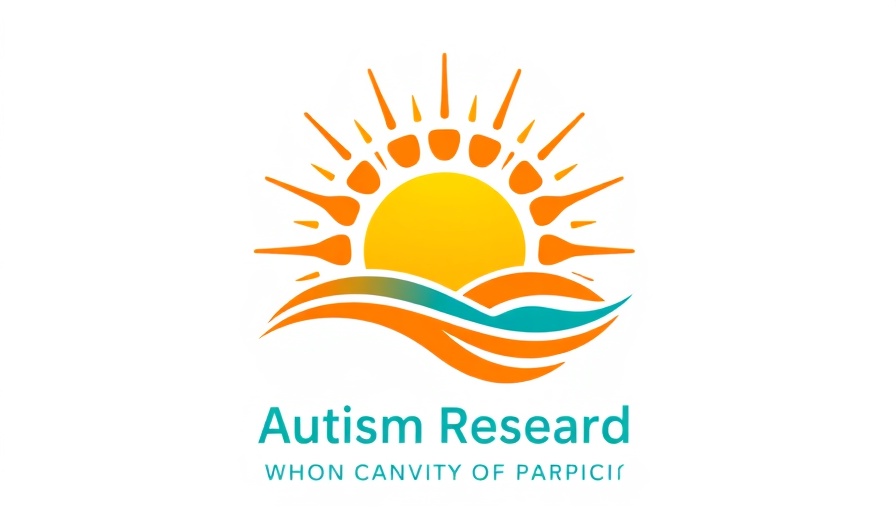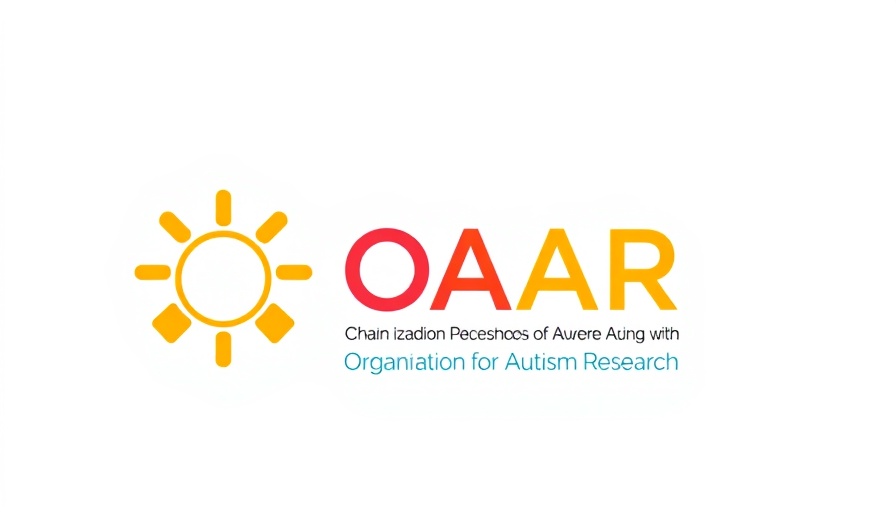
Understanding Autism Spectrum Disorder: A Journey Begins at Home
Autism Spectrum Disorder (ASD) presents a complex challenge for many families. It encompasses a wide range of symptoms and behaviors, markedly impacting social skills, which is a key area where children on the spectrum may require specialized support. For parents, understanding the foundational role of the home in nurturing these skills is critical. By creating a supportive and engaging environment, parents can help their children navigate the social world with greater ease.
How Gaming Can Be a Tool for Social Development
While video games often receive negative attention, they can actually serve as a valuable tool for children with autism. Through gaming, children can develop cognitive skills and enhance their concentration, all while engaging in a non-threatening, level playing field. Games allow autistic children to experience social interactions in a controlled environment, building their resilience and teamwork capabilities.
The mechanics of games, especially those that involve teamwork, promote socialization. For instance, multiplayer games encourage players to communicate, strategize, and establish common goals. Even for younger gamers, family-friendly titles can lead to bonding moments, as they focus on collaborative play. When children play together, they learn to share experiences, ultimately fostering a sense of community.
Cooking Together: Bonding Over Delicious Rewards
Cooking is a profound way to foster social skills at home. Not only does it emphasize the joy of creating something delicious, but it also enhances practical skills such as speech, reading, and even math through measuring ingredients. Activities like making a gluten and dairy-free chocolate meringue pie can provide an accessible entry into the culinary world while considering dietary sensitivities that may impact children with autism.
Cooking is particularly beneficial for siblings, too, encouraging healthy dynamics between neurotypical and neurodivergent children. As they chop, mix, and bake, they engage in parallel play, a crucial step in social development. Getting children involved in the entire process—from growing vegetables in the garden to preparing meals—lays a solid foundation for their future independence.
Role-Playing: Building Empathy Through Imagination
Role-playing activities can be transformative for autistic children, offering a creative outlet that bridges gaps between neurodivergent and neurotypical peers. These activities not only foster imagination but also facilitate discussions about feelings and empathy. By stepping into the shoes of different characters, children can explore diverse perspectives, which is vital for emotional intelligence.
To enhance the fun, parents can invest in dress-up outfits and props that stimulate a child’s imagination, making role-play a regular family tradition. Asking questions about the characters' emotions during play helps children articulate feelings, thus nurturing their emotional growth. Through role-playing, children learn about social norms, develop language skills, and create bonds with family and friends.
Practical Tips for Supporting Socialization at Home
The journey toward socialization for children on the autism spectrum starts at home. Here are some actionable insights for parents looking to enhance their child's social skills:
- Establish a Routine: Regular activities, such as dedicated gaming hours, cooking sessions, or family playtimes, create predictable environments that help children feel secure and ready to engage.
- Create Playdates: Encourage playdates with peers to practice social skills outside of the family unit. Choose activities that are comforting for the child, gradually introducing new friends to reduce pressure.
- Engage in Community Programs: Look for local groups or programs that support social skills development for children with autism. These often provide structured environments where social skills can flourish.
- Be Patient and Encouraging: Celebrate small victories in social interactions, be patient with setbacks, and provide positive reinforcement. Each step taken is progress toward greater confidence and skill.
Looking Ahead: Opportunities for Growth and Connection
As autistic children grow, it's essential to adapt strategies and activities to continue reflecting their evolving interests and needs. This flexibility will allow for sustained engagement and nurtured connections with family and community members. Ongoing discussions about feelings, preferences, and friendship dynamics are equally important. Planning these activities together can bolster your child’s confidence and sense of belonging.
In conclusion, the home is indeed the first arena where social skills flourish for autistic children. Leveraging various activities—such as gaming, cooking, and role-playing—engages children holistically, allowing them to build essential life skills while having fun. By cultivating an environment rich in opportunities for social interaction, parents can empower their children to thrive in the world beyond their homes.
Every moment spent on fostering these skills contributes to a brighter, more connected future for autistic children and those around them. Your actions, just like your love, have the power to shape their story.
 Add Row
Add Row 

 Add
Add 


Write A Comment